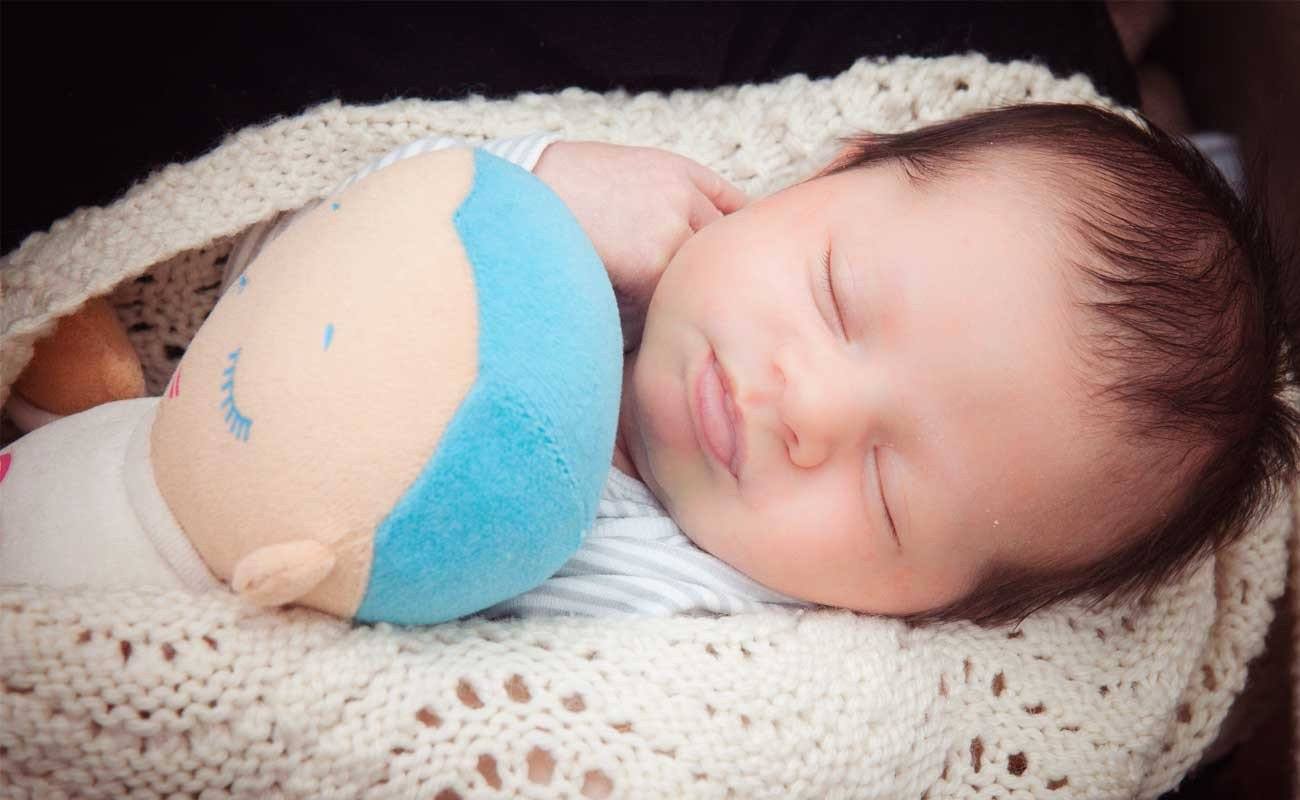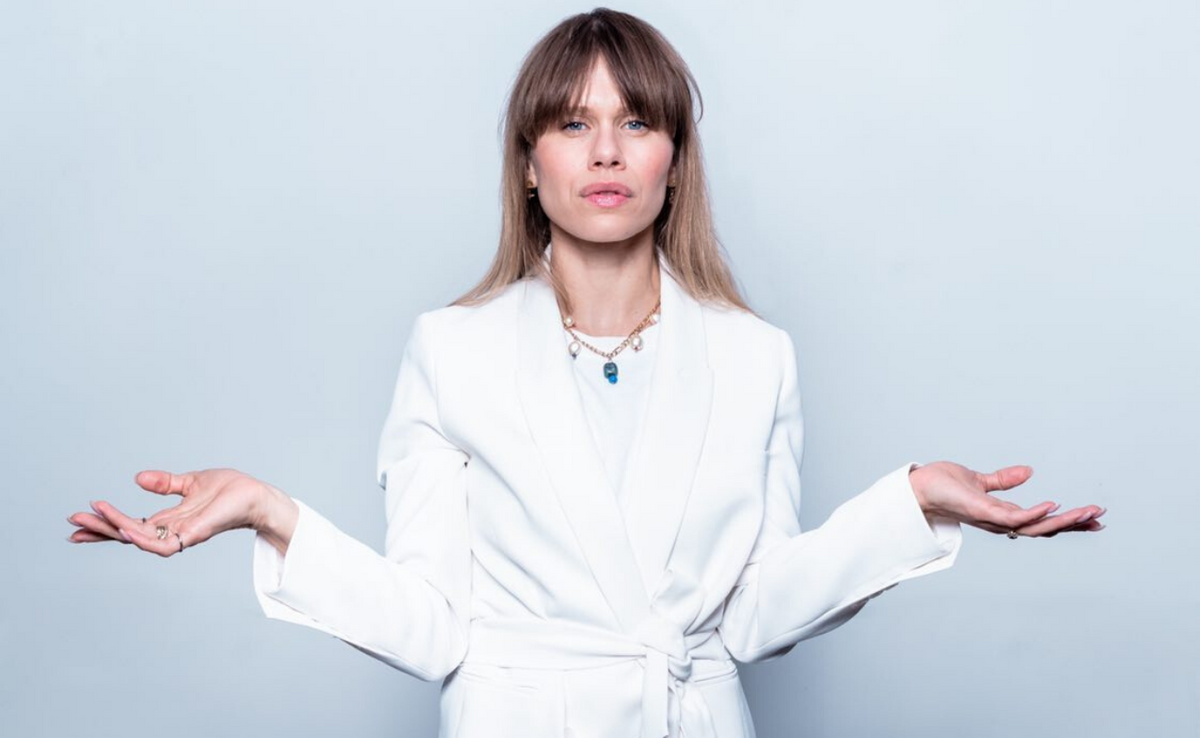Negative effects of sleep deprivation

Sleep problems for parents
Many parents know well the sleep deprivation and tiredness resulting from irregular sleep of their babies. This is a serious problem and in fact more serious than people realize.
In September 2004 UK magazine Mother and Baby published “The sleep survey” of 2000 women and found that in the first four months of their baby’s life, most mothers averaged less than 5 hours of sleep per night. With adults ideally requiring 7-8 hours of sleep, it does not take long for a significant sleep deficit to develop. The negative effects of sleep deprivation on adults are:
- Difficulty in moderating emotions and handling stress
- Decreasing hand/eye coordination
- Irritability
- Poor reaction times
- Weight gain
- Less efficient immune system
- Strain on relationships
- Decreased job performance[1].
Sleep problems for children
In Iceland it is estimated than one fifth of all children have some kind of sleeping problems and 25% of children worldwide. Research have also shown that among children with special needs, other health problems or disabilities about 80% have some kind of sleeping problems.[2] In infancy, sleeping problems are often more prevalent.
The most common infant sleep problems are [3]:
- Frequent, prolonged night-time awakenings
- Awakening too early in the morning
- Difficulty falling asleep at bed-time
The most serious effects of sleep deprivation on infants are:
- Negative effects on neural development
- Infant stress and discomfort
- Negative effects on necessary weight gain
- Irregular respiration patterns
- Irregular heart rate
- SIDS
SIDS is thought to be almost invariably sleep-related. During essential deep recovery sleep after sleep deprivation, arousal ability and upper airway muscle tone decrease further to that in normal sleep, with subsequent upper airway obstruction. When stress causes sufficient sleep disruption and physiological fatigue, a failure to arouse and restore sufficient tone to overcome such obstruction can result in sudden, unexpected death. SIDS has many causes, but it shares the same pathway. Causes of SIDS are sadly not completely exhaustively known but sleep deprivation can be a causing factor[4].
[1] Victoria Atkinson (2008). New parents & sleep deprivation. Read article
[2] Susan Agrawal (2011). Sleep problems in children with special needs. Read article
[3] Gwen Dehar (2008). Infant sleep problems; a parent´s science based guide. Read article
[4] JM Simpson (2001). Infant stress and sleep deprivation as an aetiological basis for the sudden infant death syndrome. View article source
Also in Blog

Ujjayi Breathing and Grounding with Kids
Eva Dögg, yoga instructor, tells us about Ujjayi breath in this blog and teaches us the Ujjayi breath (ocean breath) Lulla doll plays. The blog also includes a longer session with grounding, breathing and meditation that kids can participate in.
